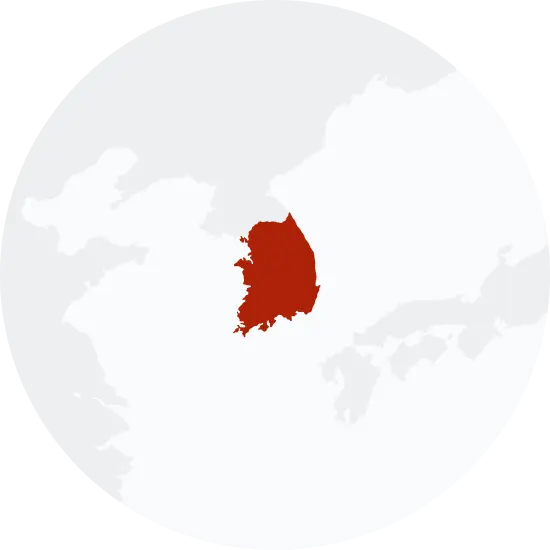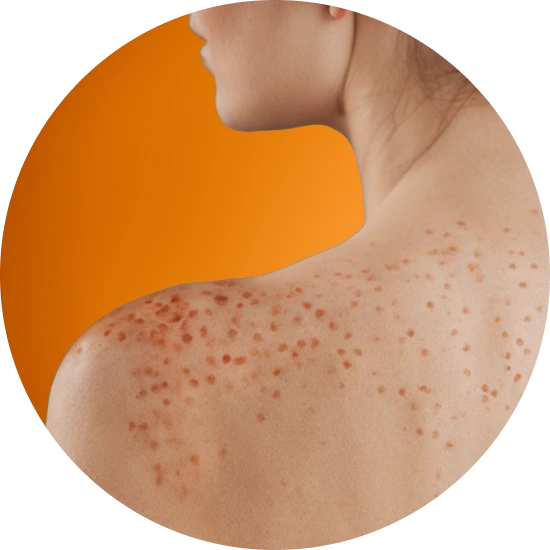Explore the Family Name Park
How common is the last name Park in the United States?
Based on data from the Decennial U.S. Census, the surname Park has experienced a rise in popularity over the years. In 2000, Park ranked at 343 with a count of 81,890 people bearing the name, which translates to a proportion of 30.36 per 100,000. By 2010, however, the surname's rank had improved to 289, and the count had increased to 106,696, marking a 30.29% growth. This also meant that the proportion of Parks per 100,000 people rose by 19.14% to 36.17.
| 2000 | 2010 | Change | |
|---|---|---|---|
| Rank | #343 | #289 | 15.74% |
| Count | 81,890 | 106,696 | 30.29% |
| Proportion per 100k | 30.36 | 36.17 | 19.14% |
Race and Ethnicity of people with the last name Park
The census data also provides insight into the ethnicity of individuals with the surname Park. Most notably, the number of Asian/Pacific Islanders bearing the name Park increased by 10.08% from 2000 to 2010, bringing the total percentage to 72.98 in 2010. During the same period, the percentage of white individuals with the surname decreased by 22.36%, while the representation of Hispanics slightly increased by 17.65%. However, the percentage of Black and American Indian and Alaskan Native individuals with the surname saw slight declines of 3.66% and 20.00% respectively. This information is based on the Decennial U.S. Census.
| 2000 | 2010 | Change | |
|---|---|---|---|
| Asian/Pacific Islander | 66.3% | 72.98% | 10.08% |
| White | 30.06% | 23.34% | -22.36% |
| Two or More Races | 1.77% | 1.74% | -1.69% |
| Hispanic | 0.85% | 1% | 17.65% |
| Black | 0.82% | 0.79% | -3.66% |
| American Indian and Alaskan Native | 0.2% | 0.16% | -20% |
Park ancestry composition
23andMe computes an ancestry breakdown for each customer. People may have ancestry from just one population or they may have ancestry from several populations. The most commonly-observed ancestry found in people with the surname Park is Korean, which comprises 56.2% of all ancestry found in people with the surname. The next two most common ancestries are British & Irish (22.5%) and French & German (9.8%). Additional ancestries include Eastern European, Scandinavian, Italian, Chinese, and Spanish & Portuguese.
Ready to learn more about your ancestry? Get the most comprehensive ancestry breakdown on the market by taking our DNA test. Shop 23andMe
| ANCESTRY BREAKDOWN | COMPOSITION |
|---|---|
| Korean | 56.2% |
| British & Irish | 22.5% |
| French & German | 9.8% |
| Other | 11.5% |

Possible origins of the surname Park
Your DNA provides clues about where your recent ancestors may have lived. Having many distant relatives in the same location suggests that you may all share common ancestry there. Locations with many distant relatives can also be places where people have migrated recently, such as large cities. If a large number of individuals who share your surname have distant relatives in a specific area, it could indicate a connection between your surname and that location, stemming from either recent ancestral ties or migration.
Based on 23andMe data, people with last name Park have recent ancestry locations in South Korea and the United Kingdom of Great Britain and Northern Ireland.
| RECENT ANCESTRY Location | Percentage |
|---|---|
| Seoul, South Korea | 57.30% |
| Busan, South Korea | 39.80% |
| Greater Manchester, United Kingdom | 35.70% |
| Greater London, United Kingdom | 35.70% |
| Glasgow City, United Kingdom | 35.70% |
What Park haplogroups can tell you
Haplogroups are genetic population groups that share a common ancestor on either your paternal or maternal line. These paternal and maternal haplogroups shed light on your genetic ancestry and help tell the story of your family.
The top paternal haplogroup of people with the surname Park is O-CTS723, which is predominantly found among people with East Asian & Indigenous American ancestry. Haplogroup O-CTS723 is descended from haplogroup O-M1359. Other common haplogroups include O-F46 and O-CTS7620, which are predominantly found among people with East Asian & Indigenous American and East Asian & Indigenous American ancestry. Other surnames with similar common haplogroups are: Kim, Lee, Jung, Kang, Choi, Chung, Han, Musso, Nardone, Nardi.
The most common maternal haplogroups of people with Park surname are: H1, H, D4. These most commonly trace back to individuals of European ancestry.
 Paternal Haplogroup Origins O-M1359
Paternal Haplogroup Origins O-M1359
Your paternal lineage may be linked to the Yayoi
Haplogroup O1b2a, a branch of haplogroup O, is closely related to several haplogroups that are commonly found in Japan. Haplogroup O is closely associated with Kyushu, Japan's third largest island, and makes up over half of all men in Japan. Although haplogroup O is prevalent in Japan, it likely only entered Japan during the Yayoi expansion about 2,300 years ago. During the Yayoi expansion, people entering from the Korean Peninsula brought wet rice agriculture, weaving technology, and metalworking technology to Japan. The Yayoi expansion began on the island of Kyushu, where haplogroup O is very common today. It is possible that some of the early members of O1-F3356 were involved in this major shift, which quickly and dramatically altered Japanese culture.
Your maternal lineage may be linked to Marie Antoinette
Because it is so dominant in the general European population, haplogroup H also appears quite frequently in the continent's royal houses. Marie Antoinette, an Austrian Hapsburg who married into the French royal family, inherited the haplogroup from her maternal ancestors. So did Prince Philip, Duke of Edinburgh, whose recorded genealogy traces his female line to Bavaria. Scientists also discovered that famed 16th century astronomer Nicolaus Copernicus traced his maternal lineages to haplogroup H.

What do people with the surname Park have in common?
Spoiler alert: it's complicated. People with the same last name are usually no more genetically similar than a randomly sampled group of people from the same population. That said, people with the same surname are more likely to have similar ancestries than randomly sampled individuals. The reason is the tendency of people with similar cultural or geographical backgrounds to preferentially mate with one another. That's why people who share a surname may be more likely to share traits and tendencies in common than people within the general population. Check out the percentages below to see the prevalences of tastes, habits, and traits of people with your surname compared with prevalences among 23andMe users.
Preferences
Traits
Habits
Wellness
Are health conditions linked to the last name Park?
The short answer is that, if there is an association between surname and health, it's usually more about your ancestry than your name. Individuals with a given surname are no more genetically similar than the general population but often have similar ancestries. The populations of people associated with those shared ancestries often have sets of genetic variations, also known as alleles, in common. Some of those alleles are associated with a greater likelihood of developing certain diseases.
Disease variant frequency by ancestry
Disease allele frequencies in populations associated with the surname Park are shown below. Important Note: not everyone with a disease allele will develop these health condition

























